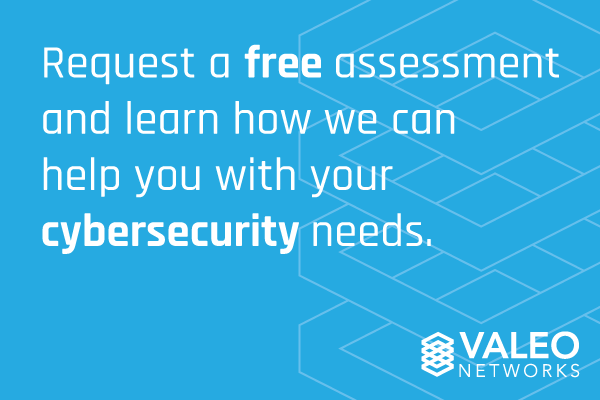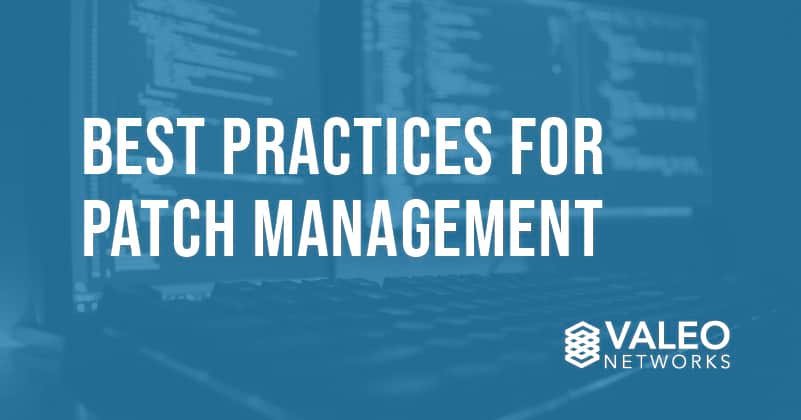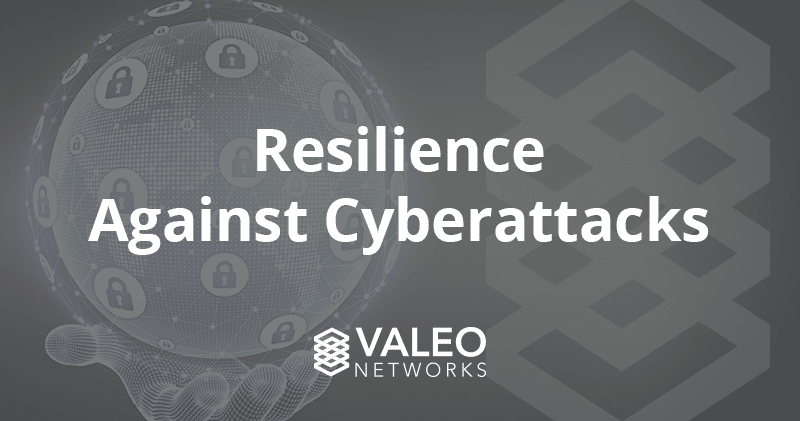Best Practices for Patch Management
It’s no surprise that modern enterprises will experience cyber threats. Organizations can mitigate the risk through best practices such as enabling...
Technology has led the business world into an unprecedented era of production and connectivity. With the great rewards reaped from the internet era onward, there are also inherent associated risks. Companies must focus on malware attacks, ward off data breaches, and deal with high-stakes stealth threats every single day.
One of the most important components of keeping your company and its devices safe is the implementation of Artificial Intelligence (AI) cybersecurity in all your systems. When it comes to the defense of an enterprise, it’s not only important to use these tools, but to understand what they are and how they differ.
While Artificial Intelligence and Machine Learning (ML) are closely connected in the world of cybersecurity, they are often confused or misrepresented. This gets especially dicey when a tech company falsely claims to have AI represented in their devices. It is crucial to be clear about the limitations and capacities of your cybersecurity, which means using AI to build a vast world of evolved defense.

Machine Learning, as defined by Tom Mitchell, (then the Chair of the ML Department at Carnegie Melon) in 1997 is “…The study of computer algorithms that allow computer programs to automatically improve through experience.” While ML is very powerful in its speed and capabilities, it is mostly confined to rules created by the system it resides in.
Conversely, Artificial Intelligence has a much more vast scope. The baseline of an AI is analysis of its environment, defining success, and maximizing its chance of success. One of the first and most pronounced differences between Artificial Intelligence and ML is that AI has almost limitless growth, well beyond that of human comprehension. This leads to lots of theories about how AI could be a threat to humans far down the road, but for the time being, we’ll be using AI to our advantage in cybersecurity.
AI can defend against scenarios that we are unaware of as ‘cognitively limited’ beings. Don’t be offended, we just don’t have the bandwidth of combinatorial explosive computation that AI does. That sentence alone is tough to get through!
At its simplest, AI can help your organization through things like fraud detection, network intrusion and prevention, and spam filter applications. At its best, AI can help rationalize and protect against attacks that only other AIs can come up with, which is extremely important in the advanced age of cybersecurity.

For example, before AI, fraud prevention systems would have rules that were strong in their defense, but were ultimately able to be worked around by ML hacking and other AIs. This led to our current environment, where AI cybersecurity is now imperative. In other words, if you’re only using ML rules, you’re going to get exposed.
Similarly, AI can help to keep your defense fluid versus targeted attacks that attempt to beat machine learning or human-coded rules. Google’s spam filters now use AI to detect and block spam emails that are designed to pass as wanted mail. This critical step helps keep the liability off of you and your employees for falling prey to phishing, which is a wonderful development!
With AI being able to escape a defined scope of objectives created by linear logic, it can defend in ways we didn’t even know possible. This works well in individual cases such as fraud detection or network intrusion defense, but it is also important to help us understand security for the future.
As AI learns new heuristics, it highlights and wards off concepts that are hidden in the world of device communication with lightning-fast changes. While there are still improvements needed in AI architecture for other means, they are reliable enough that dismissing them as critical for your cybersecurity suite is a fool’s errand.
Additionally, AI is important for internal user analysis, organizational pattern recognition, and using this for identifying irregularities in a network. This is a fancy way of saying that AI is used in cybersecurity to stop future weaknesses from ever becoming exposed – it does the work far in advance!
It is easy to hear about the capabilities of AI and believe that those concepts are so far advanced that your organization is not at risk of something like that. It is the exact opposite, however: no individual, company, or enterprise is too small to need AI cybersecurity.
Just as important, by having distinct knowledge about the difference between AI and Machine Learning, you will be set up for success. This will translate time and again in your up-front communication to clients, partners, and your team. It will save you time, money, and reduce stress going forward.
.webp?width=600&height=400&name=VN-InlineImage-2-2%20(1).webp)
With all this in mind (pun intended), make sure that you and your CISO have clear communication about AI cybersecurity being represented in your devices. If you don’t have a CISO, make sure to consult a company that excels in the implementation and maintenance of AI.
That’s where we come in: Valeo Networks has all the skills and experience to help you fix any IT-related issue, specifically AI cybersecurity in this case. If you’d like to learn more about who we are and the managed IT services we offer, please send us a message – we’d be happy to help.


It’s no surprise that modern enterprises will experience cyber threats. Organizations can mitigate the risk through best practices such as enabling...

Rockledge, FL and Plymouth Meeting, PA (September 1, 2022) – Valeo Networks, a leading Managed Security Service Provider (MSSP), today announced it...

Risk management has been a concept ingrained in all businesses since the inception of commerce itself. Cybersecurity risk management is a whole...

With cutting-edge technology and quality customer service,
you’ll find everything you need to help your company soar
with Valeo Networks.
1006 Pathfinder Way
Rockledge, FL 32955
Business Hours:
M-F: 8AM-9PM
© 2026 Copyright Valeo Networks. All Rights Reserved.